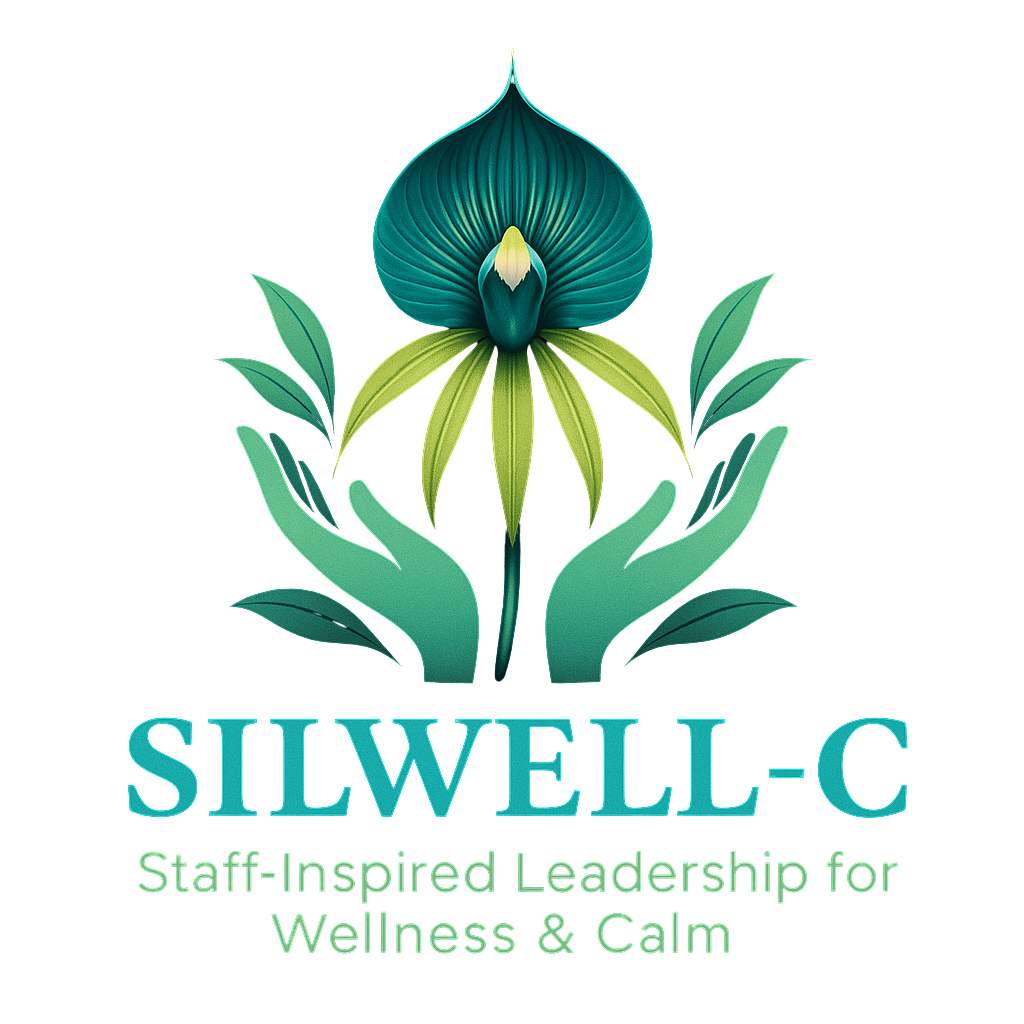The Garden That Taught Me to Breathe Again
In stillness, renewal takes root. This space invites you to pause, breathe deeply, and let nature remind you of your own capacity to heal. From mindful outdoor moments to small acts of restoration, this mood supports quiet recovery and gentle self-repair.
When the earth became my sanctuary, I learned that healing doesn’t come from forgetting; it comes from tending what still grows.
Reflective Note
This story is about letting go of anger and bitterness. It took me years to understand that healing doesn’t come all at once. It comes slowly, in small ways, like new leaves after a long season of cold. As you read, take a moment to pause and breathe. Sometimes the release starts right there.
For most of my life, I carried anger and bitterness. I felt like life had handed me a complicated story to live through, and I couldn’t understand why. I held on to that pain so tightly that it started shaping everything about me, the way I looked, the way I spoke, the way I reacted. People would tell me, “You always look upset,” or “It can’t be that bad,” but they didn’t see the weight I was carrying. They didn’t know how long I’d been holding my breath.
I tried therapy more than once. Probably five or six times. Each time, I’d go for a few months, feel like nothing was changing, and stop. I didn’t realize that healing doesn’t work like a switch. Therapy can’t fix what we’re not ready to face. And at that time, I just wasn’t prepared. I thought I was, but I wasn’t.
My sister is a woman of faith and used to tell me, “Give it to God.” She meant it from her heart, but I didn’t know how. How do you let go of something that’s been part of you for fifty years? My anger had become my protection. It was like armor. I told myself, “This is just who I am,” and I lived that way for a long time.
Then I started gardening. I can’t even tell you what made me start. Maybe it was just wanting to be outside or have something to take care of that didn’t talk back. But when I was out there digging, watering, pulling weeds, something in me got quiet. The more I worked the soil, the less I thought about the past. I didn’t notice it right away, but the garden was softening me.
After my divorce, when everything felt like it was falling apart, I went back to that space again, not for healing, but to breathe. That’s when I finally felt the release. The garden didn’t ask questions or judge me. It just took me in. I could talk to God out there without words. The rhythm of watering, pruning, and planting it became my prayer.
Now I realize the garden had been saving me all along. It was the one place that never expected me to be strong. It just let me be.
Over time, I started to understand something about stories. We all have one. Some of them are messy, some are painful, and some still make us cry when we think about them, but our stories don’t have to control us. They can teach us, refine us, and remind us how far we’ve come. A story can make you bitter, or it can make you better.
I used to see my past as punishment. Now I see it as soil. It wasn’t easy soil; it was rocky and challenging, but it still grew something strong in me. All those tough seasons taught me resilience. They made me a go-getter. When I set my mind to something, I finish it. If Someone tells me I cannot do something, I make it happen. When life gets hard, I go back to the dirt. I plant again and I keep growing.
“My garden didn’t just grow flowers it grew my forgiveness.”
Letting go doesn’t mean pretending nothing happened. It means choosing to hold your story with grace instead of anger. The rough parts of your life are still part of your soil, but even there, something beautiful can grow.
When you make peace with your past, you give yourself room to breathe. Your garden might not have soil and seeds, it might be a quiet space, a walk, a prayer, or a deep breath, but wherever you find stillness, that’s where your healing begins.
Where story meets science, strength grows through understanding.
“Nature’s Role in Mental Health and Wellbeing,” Yale School of the Environment (2020).
Read article →
Explains how time in nature improves mood, reduces rumination, and helps the mind release emotional weight, offering real insight into how peace grows from connection to the natural world.

